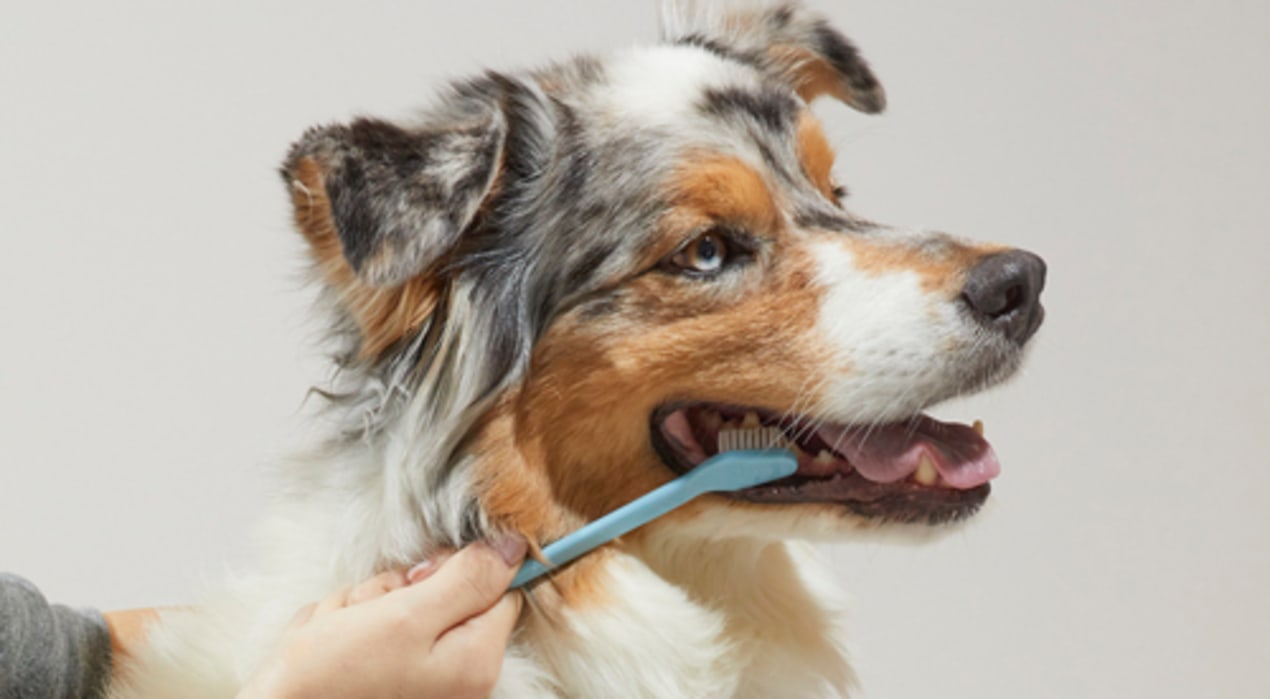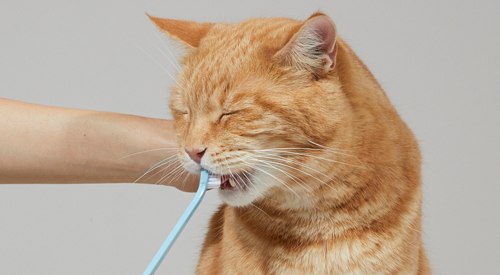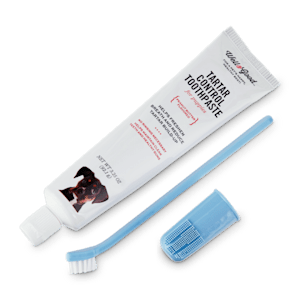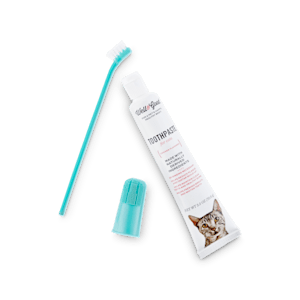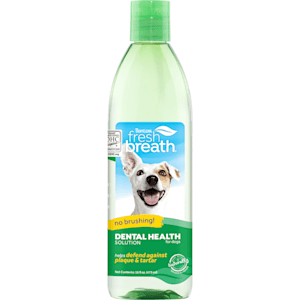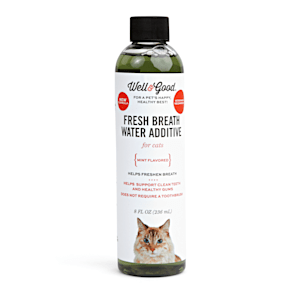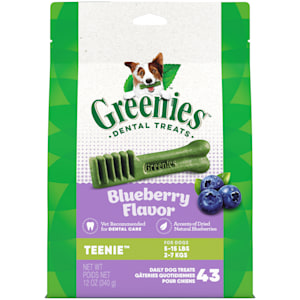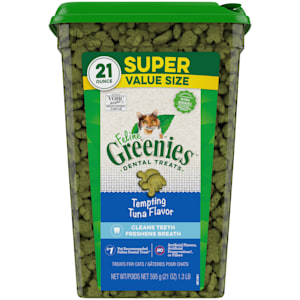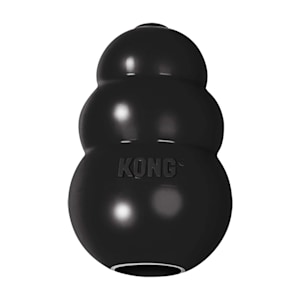Pet Dental Powder
Pet Dental Rings
Pet Health Solutions
Pet Dental Finger Wipes
Dog Dental Sprays
Dental Drops For Pets
Pet Car Solutions
Pet Skin Care Shampoos
Peanut Butter Oral Care For Dogs
Adult Dog Care Products
Cat Teeth Cleaner
Ear Care for Pets
Mint Dental Sticks for Pets
Cat Dental Support
Pet Tech Products
Pet Medical Supplies
Pet Dog Grooming Tool Kits
Cat Hair Care
Pet Shower Products
Oral Pet Sprays
Fera Pets Dog Health & Wellness
Fera Pets Cat Health & Wellness
HEMPZ Dog Grooming Supplies
HEMPZ Dog Shampoos, Conditioners & Sprays
Fera Pets Dog Vitamins & Supplements
Fera Pets Cat Vitamins & Supplements
DentaLife Buy 1, Get 1 40% OFF
Fera Pets
E&S Pets Fall Faves
Petco
Aqua Natural Pet Clearance
P.L.A.Y PET LIFESTYLE
Fera Pets Dog Food
Petco Accessories
Starmark Dental Dog Chews
PetShop by Fringe Studio Fall Faves
Healthy Select Small Animal Treats & Chews
PawsPik Dog Bowls & Feeding Supplies
PawsPik
Pet Botanics Buy 1, Get 1 40% OFF
Voodoo recently had dental cleaning and work done on her teeth. I'm wondering what is the best products to get to help keep her teeth cleaned. She also has gingivitis. Thank you!
Hi, and thank you for free advice. My vet isn't available. Our 16 yr. old female was just diagnosed with kidney/renal issues. Teeth cleaning needed but her condition too compromised to be put under/stress? Changed her food and she appears to actually be improving. Maybe brushing would help? BUT instead Dental Fresh Original Water: Stabilized Chlorine Dioxide.0.1%, Stabilized with Sodium Bicarbonate (Baking Soda). would help. Is it safe for her? Blood test: ALP 122, ALT 224. Heart rate/sugar OK
For dental care, are these products valuable or a waste of money and I should just focus on brushing my puppy’s teeth daily? Any recommended toothpaste brands?
Hi! Iam si excited about this service! I knew Christie Long in Mexico and I think this is a great idea! I don't know how this works but I have a cat, Meatball, who had 11 teeth pulled 16 months ago bc they were rotten. They said there was one with a crack but did not remove it then. I cannot afford another $1500 dental bill but the area around the cracked remaining tooth looks a little red. What should I do?
Are there vets that specialize in teeth cleaning?
Hi! Question about dental care- Sallie refuses to allow us to brush her teeth- we try with Sentry Petrodex and try to get it on her gums with finger and/or brush every other day. Do you recommend brush or finger? Should it be every day? She also has a dental chew regularly- but our current regiment doesnt seem to work- we found some black on her gums- is this an infection?! Any thoughts you have on the picture as well as tips for her dental care would be much appreciated- thank you!
Help! My 10 year old chihuahua has gingivitis and I cannot afford a veterinarian at the moment. I have done some research about home remedies such as Aloe Vera with hydrogen peroxide, but I don’t want to take any risks of poisoning my chihuahua. I need a recommendation for what brand of dental care I should use to make the gingivitis less severe than it already is. I am aware that it is irreversible and teeth extraction is a requirement if I want my dog to be free of pain and recover quicker.
My girl is a therapy dog. (Papillon) Need to find free care in Denver metro area. Stomach, teeth, sudden hair loss, eye twitching
I have a 8 yr old jack Russell mix. My vet said she needs teeth cleaning, gum treatment and one tooth extracted. The cost is between $650-850. I cannot afford that. Does Petco provide this service at discounted prices?
My dog is having this on her teeth.is it tartar?are her gums ok?she can't undergo dental cleaning due to heart problem.vet gave pet dentagel oil's but it has parabens in it.so,I'm very concerned n worried as parabens r there.should I use it on her teeth or not?can this dentagel cause kidney,liver damage?or other major organs harm or other serious diseases?what should I do?any natural remedies?raw carrot?plz help.she is having bad breath also like a killed mouse.
I’m interested in the water additive product Healthymouth (healthymouth.com). Even brushing as often as I can his back teeth and canines are staring to get bad plaque and I want to avoid a dental cleaning as long as possible. My mom swears by this and her dog’s vet has commented on how her oral health has improved. I’ve read cinnamon and clove essential oil are bad for dogs, but I see both cinnamon and clove as ingredients. It got a VOHC seal of acceptance though. Hoping to get a vet opinion!
My vet wants to. Harge $273 dollars for a dental cleanong for my cat does that seem reasonable ehat would be charged at your practice i live in FL by the way. Telling by his bad breath and color of the tooth what ur opinion on him needing a cleaning.

